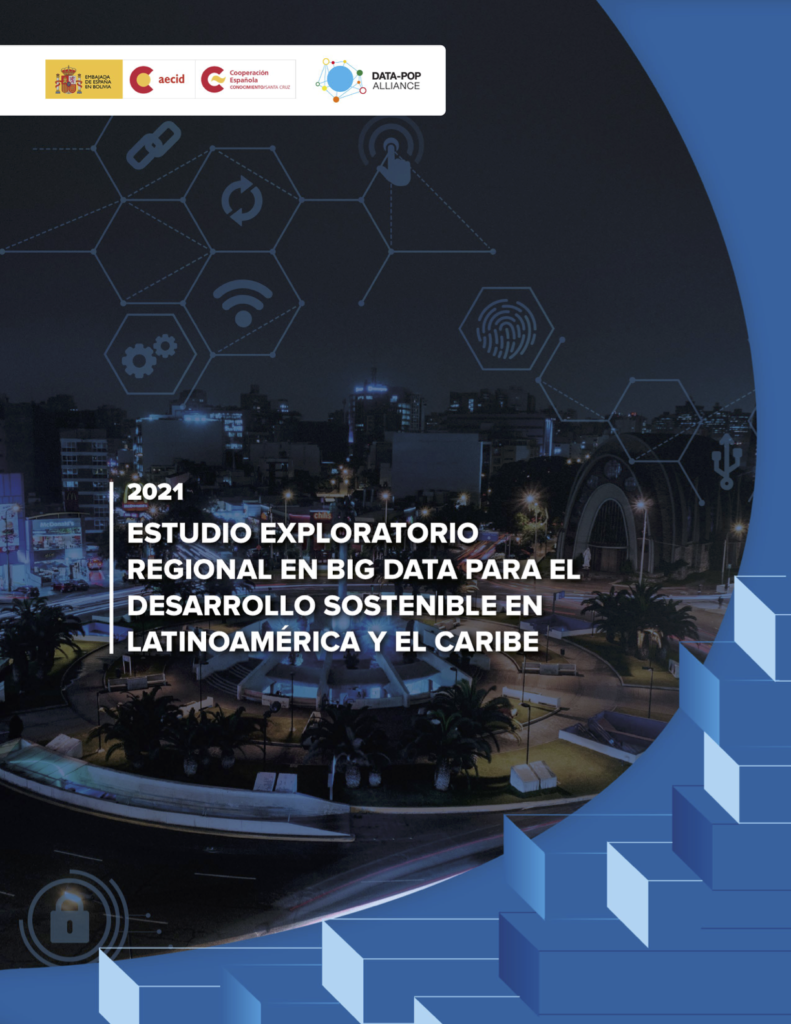Bolivia
11.8
Population 2022 (Millions)
0.69
HDI Score
2021 (Max. 1)
68.9
SDG Score
2023
(Max. 100)
0.42
Gender Inequality
Index Score
(Max. 1)
N/A
Internet Inclusivity
Index 2022
(100 countries)
Overview
A landlocked country in central South America, Bolivia spans three distinct regions, the southwestern highlands, the Andes Mountains, and the lowland area in the northern and eastern sections of the country. The population is mainly composed of three ethnic groups (Indigenous people, “mestizos”, and those of European descent). As one of the poorest countries on the continent, Bolivia faces a multitude of challenges. These include resistance to the eradication of the coca plant (from which cocaine is derived), Indigenous unrest and disagreements over the country’s vast reserves of natural gas.
Projects

- Bolivia, Dominican Republic, El Salvador, Guatemala, Latin America and the Caribbean (LAC), Peru
- January 2020 - March 2023
- AI and Statistics for the SDGs
This project developed with the support of the Spanish Agency for International Development Cooperation (AECID), strengthened the technical capacities of government officials in Latin America and the Caribbean to take advantage of Big Data for sustainable development and official statistics. During the first phase of the project, through an exploratory study (see Publication below), we analyzed the current state of the infrastructure, institutional framework, regulatory framework, capacities and use cases of Big Data for the generation of public policies in 5 LAC countries: Bolivia, Dominican Republic, El Salvador, Guatemala and Peru.
The second phase focused on developing four capacity building workshops between June 2022 and March 2023.
- Introduction to Big Data for Sustainable Development
- Big Data and Poverty Analysis for Sustainable Development
- Big Data and Health Analysis for Sustainable Development
- Big Data, Security and Violence for Sustainable Development
This training itinerary provided participants with a comprehensive knowledge of the key concepts, the necessary tools and the main challenges of Big Data for sustainable development, with a special emphasis on the applicability of these data sources for statistical purposes.

- Bolivia, Colombia, Ecuador, Latin America and the Caribbean (LAC), Peru, Venezuela
- November 2018
- Just Digital Transformations
This project aimed to support the Inter-American Development Bank (IDB) in preparing for the IDB Andean Summit event held on November 29, 2018, in Quito, Ecuador. A study was generated that identified new Big Data tools being developed and/or used by academic institutions, international organizations, and the public or private sector that would concretely benefit current and future IDB projects. Based on DPA’s experience, the consultancy’s goal was to contribute to the IDB’s knowledge, identification, and capabilities regarding available technological tools that provided observable material improvements at different stages of current or future projects. The study focused on IDB projects in five countries in the region: Bolivia, Colombia, Ecuador, Peru, and Venezuela.
